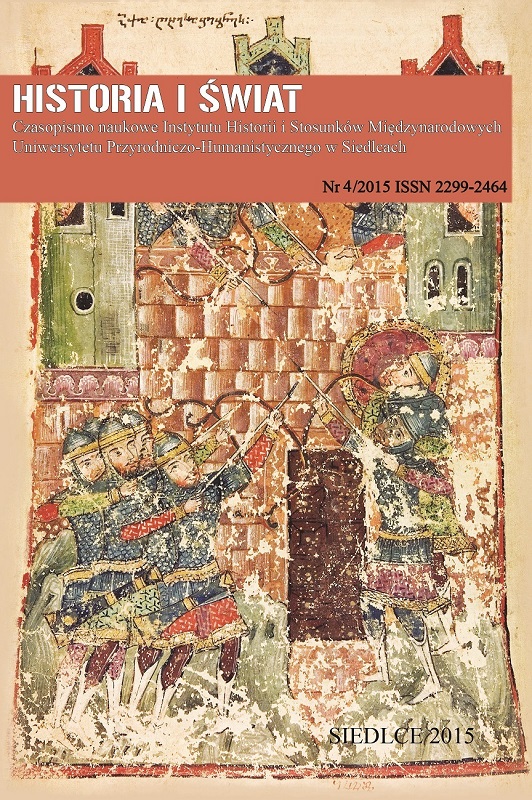Beati pacifici: quoniam filii Dei vocabuntur»: Релігійний фактор польсько-українського примирення = Beati pacifici: quoniam filii Dei vocabuntur»: Relihiynyy faktor polʹsʹko-ukrayinsʹkoho prymyrennya
DOI:
https://doi.org/10.34739/his.2015.04.18Słowa kluczowe:
Polish-Ukrainian relations, reconciliation, religious factorAbstrakt
Polish-Ukrainian reconciliation was one of the most momentous events for the East Central Europe in the second half of the 20th century. Religious hierarchs of both nations contributed a lot to interethnic reconciliation. Polish-Ukrainian rapprochement was remarkable for particularly involvement of representatives of the Catholic Church into this process and keeping aloof of Orthodox clergy from normalization of Polish-Ukrainian relations. The recommendations of the Second Vatican Council, encyclicals of Saint John XXIII, Paul VI and John Paul II and implementation of the principle “We forgive and are asking for forgivness” created preconditions for interethnic reconciliation. Saint John XXIII in his encyclical “Pacem in terris” had criticized the idea of peacekeeping by an arms race and the balance of power doctrine – “real and lasting peace between nations must be based not on a balance of power but on mutual confidence”. Activities of Pope John Paul II gave a powerful incentive to Polish-Ukrainian reconciliation. The role of Churches as a kind of people’s diplomacy one could resort to increased when complicated interethnic problems weren’t managed to resolve at government level. The most important actions of Rome Catholic and Greek Catholic Churches in behalf of interethnic rapprochement were celebration of the 1000th Anniversary of the Christianization of Rus'-Ukraine, Eucharistic Congress in 2003, joint appeals on the
occasion of Volhynian massacre. The achievement of Polish-Ukrainian reconciliation based on universal values and Christian civilization was an evidence of new European thinking and significant factor of building of the united Europe.
Pobrania
Pobrania
Opublikowane
Numer
Dział
Licencja
Prawa autorskie (c) 2015 Historia i Świat

Utwór dostępny jest na licencji Creative Commons Uznanie autorstwa – Bez utworów zależnych 4.0 Międzynarodowe.




